Jackson Kuhl Reviews The Birthing House
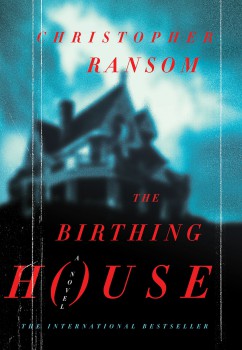 The Birthing House
The Birthing House
Christopher Ransom
St. Martin’s Press (320 pp, $14.99, August 2009 – August 2010 paperback edition)
Reviewed by Jackson Kuhl
Conrad Harrison is driving through rural Wisconsin when, on a whim, he buys a nineteenth-century house with insurance money received after the death of his estranged father. The building was, Conrad learns, The Birthing House – a hospice where expectant women could deliver their babies. Conrad returns to Los Angeles to pack up his things, his dogs, his wife — the house for him a chance to save his troubled marriage and begin over after a series of career failures. But upon moving to the house, Conrad becomes aware of a lurking presence within and soon discovers…
Well, he doesn’t discover much. His wife departs to attend job training and remains offstage for much of the book, leaving Conrad home alone to be harassed by apparitions and occurrences. There is never a sense of menace; the previous owner lived there some twenty years and while aware of the weirdness, is indifferent to it. That fact by itself results in a haunting minus any mystery or apprehension.
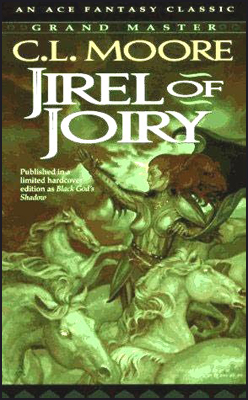 Due to an unfortunate (or perhaps I should say, “fortuitous”) comment I let slip in an email, Howard Andrew Jones discovered I had no idea who C.L. Moore was.
Due to an unfortunate (or perhaps I should say, “fortuitous”) comment I let slip in an email, Howard Andrew Jones discovered I had no idea who C.L. Moore was.
 Julian Comstock: A Story of 22nd Century America
Julian Comstock: A Story of 22nd Century America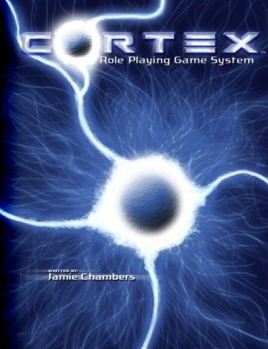
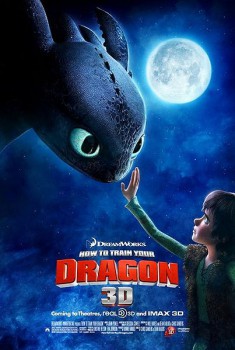 How to Train Your Dragon
How to Train Your Dragon
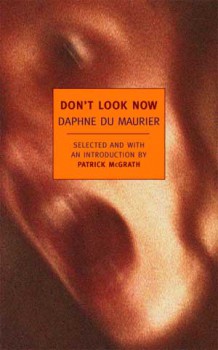 Don’t Look Now: Stories
Don’t Look Now: Stories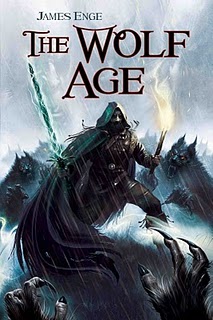 The Wolf Age, by James Enge
The Wolf Age, by James Enge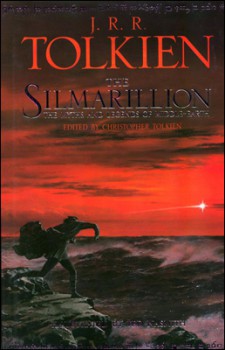 For my final post of 2010 I thought I would revisit something from my days as a writer for the now-defunct Cimmerian blog:
For my final post of 2010 I thought I would revisit something from my days as a writer for the now-defunct Cimmerian blog: